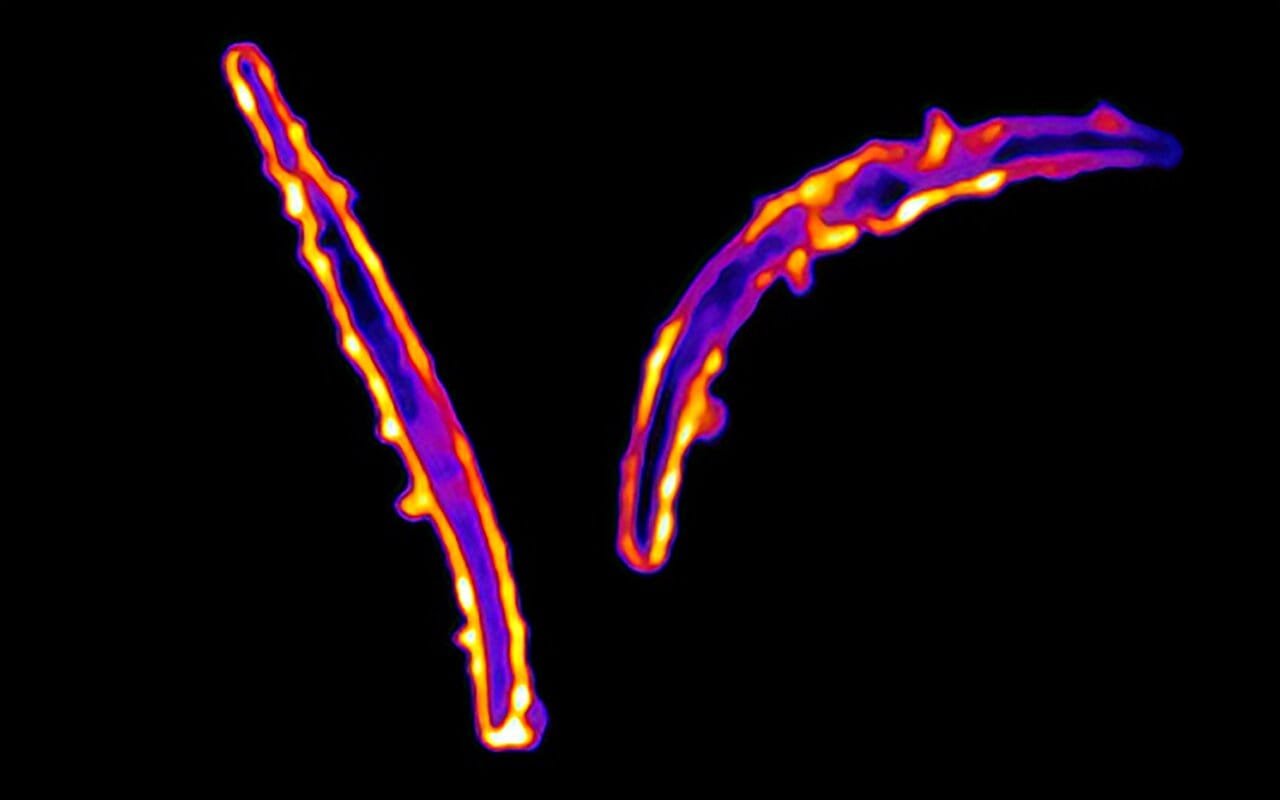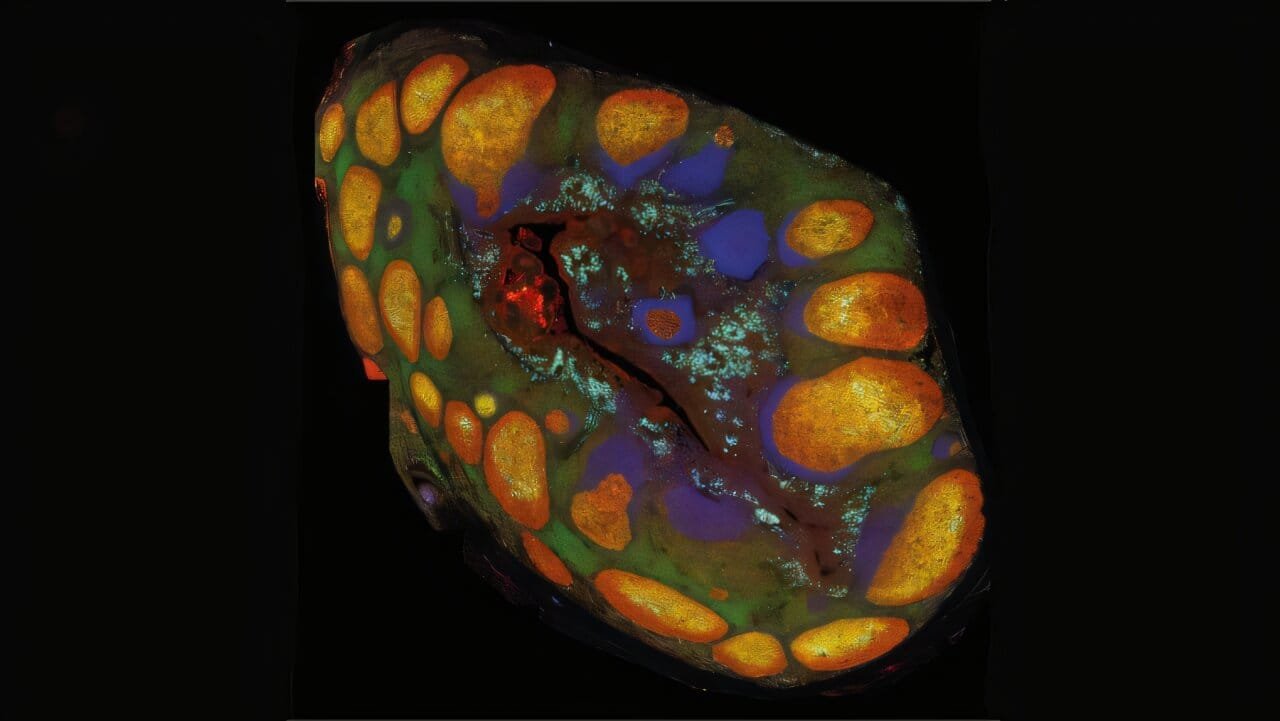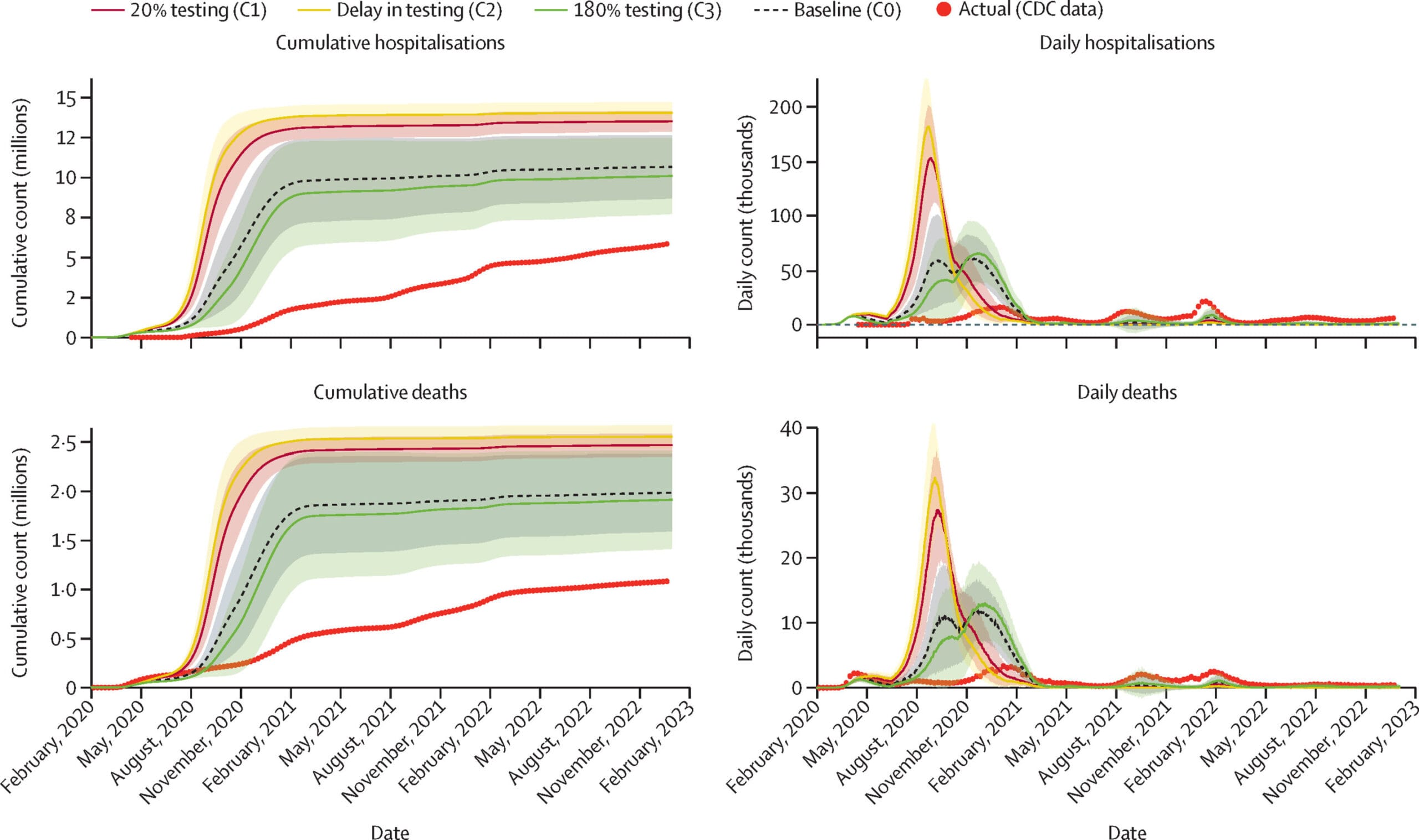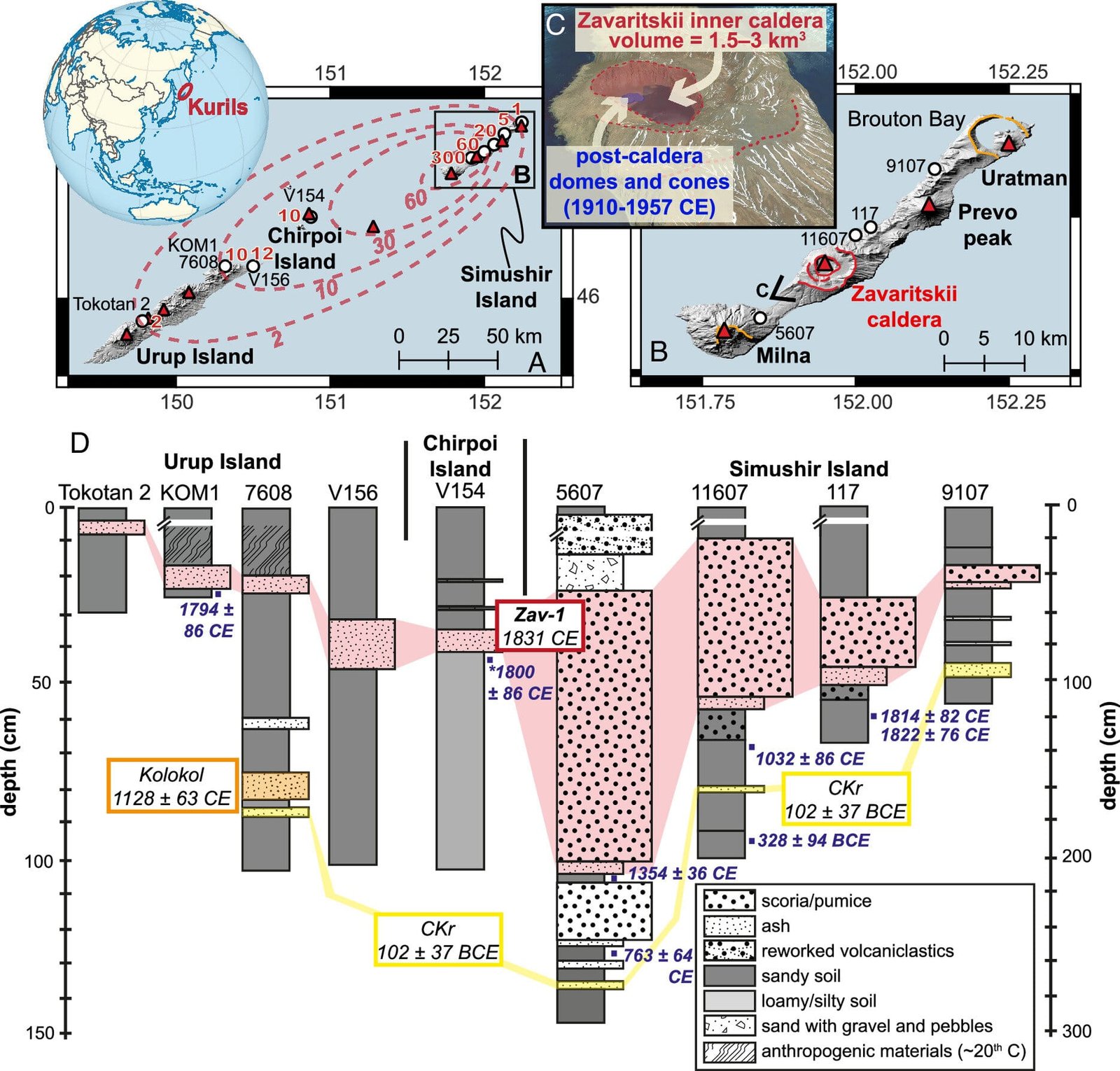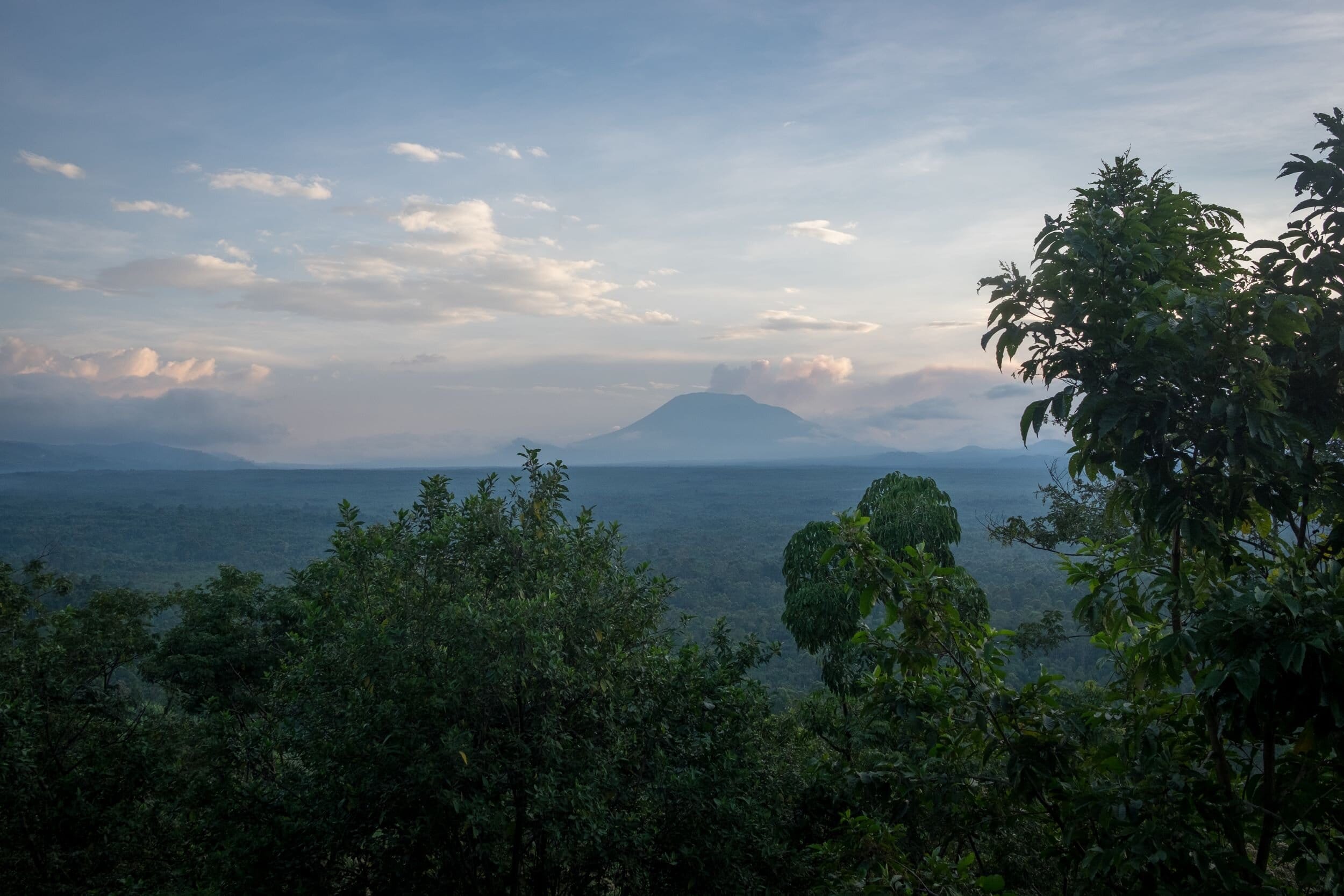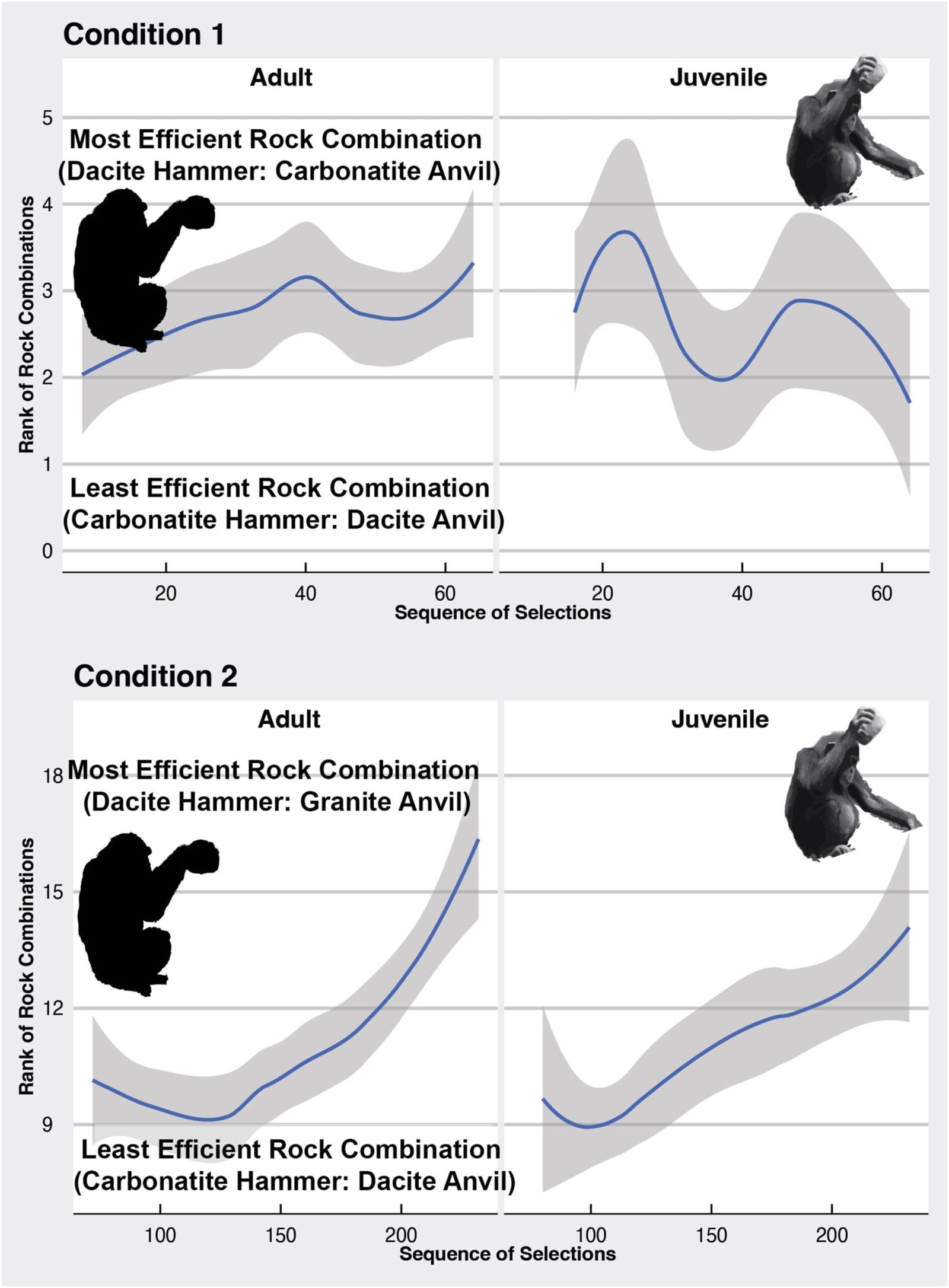Researchers Discover Novel Antibodies Targeting a Previously Unexplored Region of the Malaria Parasite
A groundbreaking study published in Science by researchers at the National Institutes of Health (NIH) introduces a novel class of antibodies capable of targeting previously unexplored regions of the malaria parasite. This discovery could revolutionize malaria prevention strategies, offering fresh hope in the global fight against one of the deadliest diseases affecting humanity. Malaria, caused … Read more
